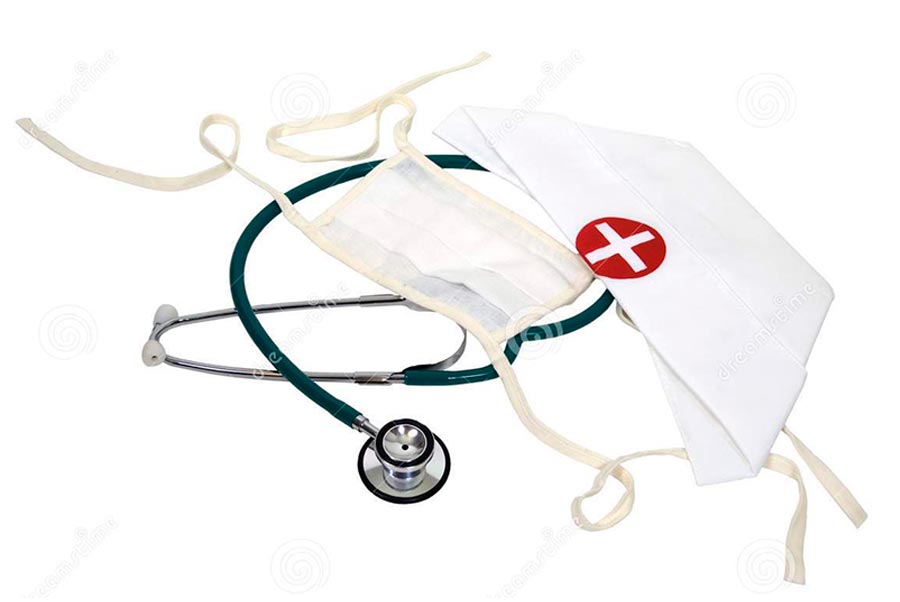Julie Ann Graham went through a very challenging experience relating to her HIV-positive status, and she hopes her story will serve as an inspiration to others.
In January 2014, Graham was charged with two felonies and two misdemeanors for allegedly having sex with a man without disclosing her serostatus.
Even though the man didn’t become HIV-positive, Graham was charged with simple assault, aggravated assault, sexual assault and reckless endangerment.
The Carlisle woman was suspended without pay from her job as a nurse, her serostatus was divulged in the local news media and she incurred significant financial losses.
But with the assistance of supportive parents, attorney Lawrence S. Krasner, the AIDS Law Project of Pennsylvania and other advocacy groups, Graham has pulled her life back together.
In February 2014, prosecutors agreed to withdraw three of the criminal charges lodged against Graham.
Thirteen months later, prosecutors agreed to withdraw the remaining charge of reckless endangerment — upon completion by Graham of a diversionary program.
Graham recently completed the community-service requirement and her criminal record ultimately is expected to be expunged.
Ronda B. Goldfein, executive director of the law project, said it’s wrong to use criminal statutes against people with HIV/AIDS who engage in consensual sex.
“Consensual sex between adults isn’t the business of the government,” she said. “And criminalization of HIV isn’t an effective way to deal with a public-health issue.”
In March, Goldfein and law project staff attorney Adrian M. Lowe met with Lebanon County District Attorney David J. Arnold Jr.
“We are grateful and appreciate that [Arnold] took the time to meet with us and give real thought to our concerns,” Goldfein said. “This is how law enforcement should work. We told him it wasn’t his job to take responsibility for someone else’s sexual health. We all have a responsibility to take care of ourselves. He really paid attention to what we said.”
Arnold had no comment for this story.
Krasner, who serves as Graham’s defense attorney, said his client’s participation in the diversionary program was in her best interests.
“There’s no admission of wrongdoing by my client, nor is there any finding of wrongdoing by the court,” he said. “I think this is a perfect outcome. Julie doesn’t have to go through the stress of a trial, nor the risk of an unjust outcome, which accompanies any trial.”
He praised the law project for facilitating such a favorable outcome.
“I think Ronda Goldfein, Adrian Lowe and their organization were the real reason that this outcome was achieved. They deserve all the credit in the world. They persuaded the D.A.’s Office to handle the case appropriately.”
Krasner said the complainant wasn’t at risk of acquiring HIV from Graham.
“My client had a zero viral load,” he said. “My understanding of the science, after consulting with experts, is that the complainant had zero risk of acquiring HIV through Julie. I appreciate that prosecutors who are not necessarily experts in this field were willing to listen — and eventually recognize the science.”
Goldfein echoed Krasner’s sentiments.
“We had law enforcement who didn’t understand the science,” she said. “Julie was caught up in the lack of understanding. [Prosecutors] became educated on the subject and more thoughtful about the risk.”
She added: “It’s always a victory when you can participate in somebody becoming more educated on an important issue.”
Graham, 27, said the experience propelled her forward as an HIV advocate.
“People with HIV need to know that if these laws are brought against them, they can fight it,” she said. “They need the right resources and the right people on their side. We can change attitudes and the stigma associated with being HIV-positive.”
The law project represented Graham in civil matters, ensuring that she received unemployment compensation, had continuous health-care coverage and was reinstated to her job in April.
“We represented her at the unemployment-compensation hearing and in discussions with the hospital to reinstate her,” Goldfein explained.
Graham said the experience had an empowering effect, but she wouldn’t wish it on anyone.
“The positive part was meeting people who are HIV-positive and networking with them. I do feel at home when I’m with them. But I would never wish this upon anyone. Even though I grew and matured over this, it wasn’t a positive experience.”
She expressed hope that her story will inspire others.
“I truly hope my story can shed some light on how wrong it is to criminalize HIV,” she concluded. “And I hope others can take heart and find the right resources and the right people to fight back, if they’re in a similar situation.”
Krasner sees a bright future for Graham.
“Julie was heroic for hanging in there and fighting,” he said. “She’s a strong, intelligent person with a bright future in many areas. And I hope she achieves all of her goals.”
